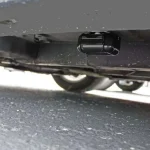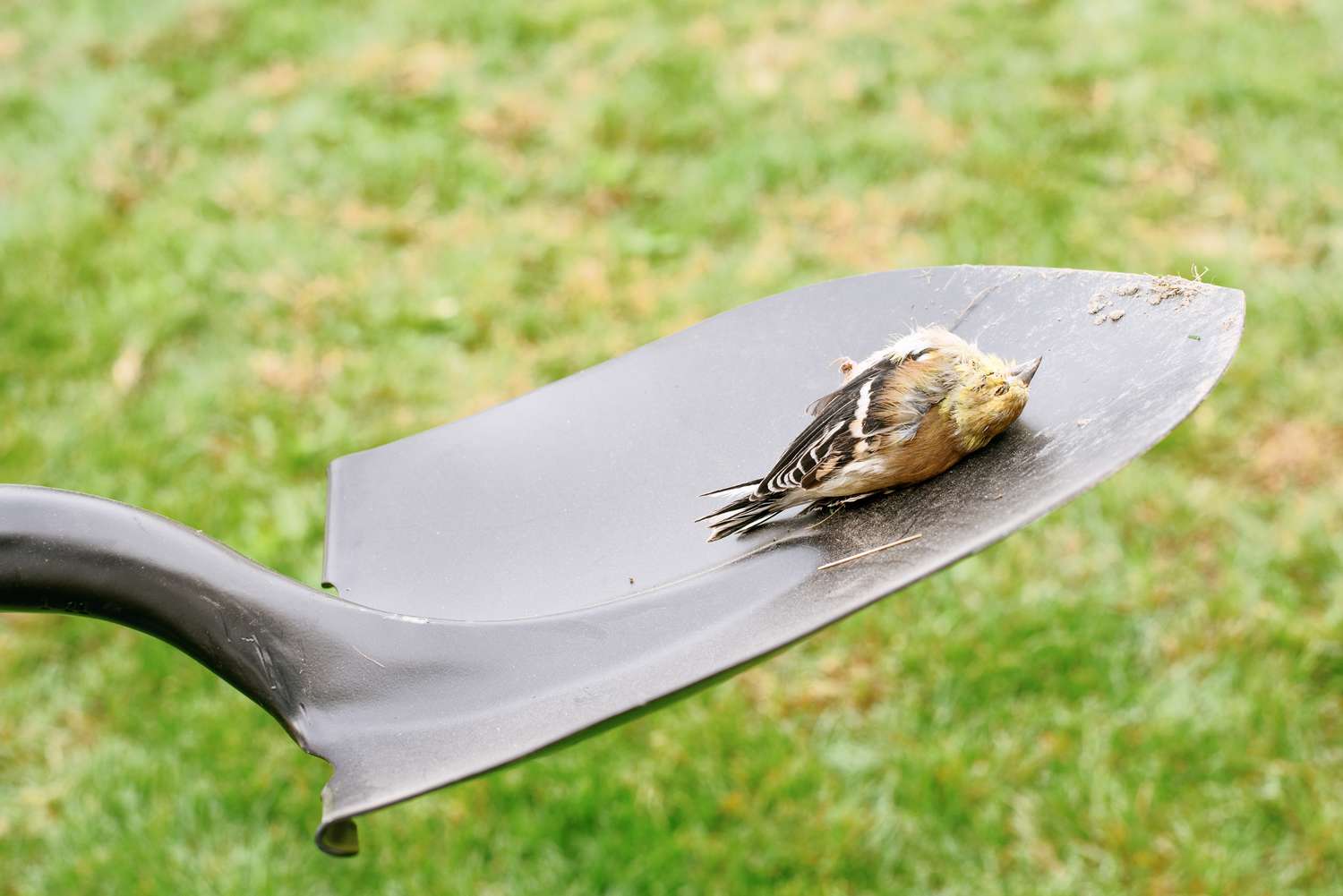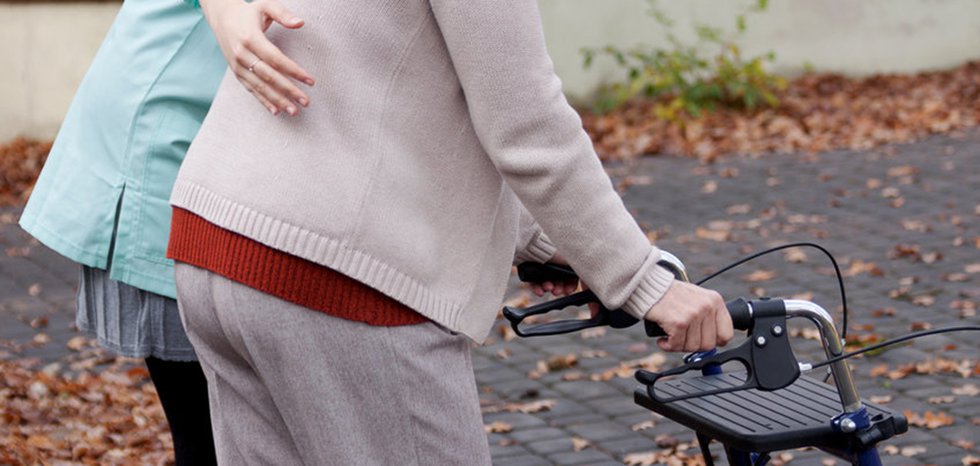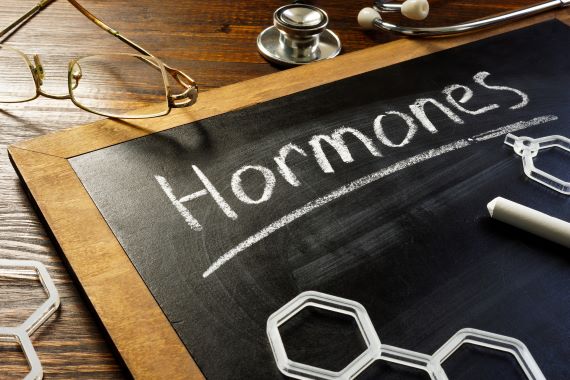Touching a dead bird can raise various questions and concerns, as it involves both biological and practical considerations. When encountering a deceased bird, individuals might wonder about the potential risks, the ethical implications, and the necessary actions to take.
However, if you touch a dead bird, there’s a small chance you might get sick. But don’t worry too much. Our bodies are good at fighting off germs. Just make sure to wash your hands after touching it and avoid touching your face. So, the chances of getting sick from a dead bird are pretty low.
We have much more to offer you regarding this issue; we have just given you a brief introduction. Are you ready to explore?
Potential Risks of Touching Dead Birds
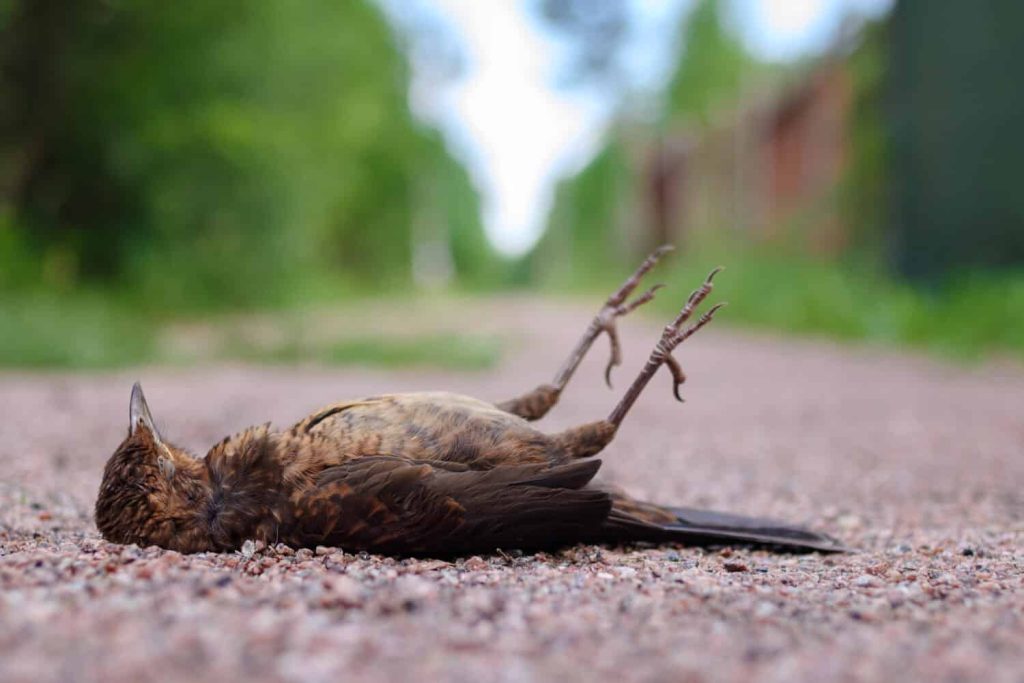
| Type of Bird | Risk of Disease or Parasites | Precautions |
| Pet Bird | Lower risk due to controlled environment and regular veterinary care. | Still, some risk remains. Wash hands and be cautious. |
| Wild Bird | Higher risk as wild birds are exposed to various pathogens in their natural habitat. | Always potential for illness. Take precautions like thorough hand washing and avoid touching your face. |
What Happens If You Touch A Dead Bird: Common Disease
Touching dead birds can be risky because they might carry diseases that can make you sick. Here are some of the diseases you can get from dead birds:
Histoplasmosis: This disease comes from a fungus in bird droppings. When these droppings dry up, the fungus can become airborne and you might breathe it in. This can cause problems like coughing, fever, and trouble breathing. In severe cases, it can harm your lungs or even be deadly.
Avian Flu: Sometimes called bird flu, avian flu is a serious disease that can spread from birds to humans. If you touch infected birds or their droppings, you might catch the virus. Symptoms can be mild, like a fever and cough, or severe, and in some cases, it can be fatal.
Salmonella: This is a common bacterial infection that can come from touching birds, especially pigeons and seagulls, and then touching your face or mouth. It can cause diarrhea, fever, and tummy pain. In bad cases, it may need medical treatment.
E. Coli and more: Further, they can also have other harmful things like E. coli bacteria that can give you stomach problems. They might carry other germs that can make you sick in different ways.
It’s important to remember that not all dead birds have diseases, but it’s hard to tell which ones are infected just by looking at them. So, it’s safer not to touch them and instead, tell local authorities or animal control about them. If you accidentally touch one, wash your hands really well with soap and water to lower the risk of getting sick.
Besides diseases, there are other things to be careful about when dealing with dead birds:
Maggots and Parasites: When birds die, they start to break down and attract flies and maggots. Maggots themselves won’t harm you, but they can carry germs. So, it’s best to avoid touching dead birds with maggots and make sure to wash your hands if you do.
Chemical Poisons: If it has been around chemicals like pesticides, those poisons can stay in the bird’s body even after it’s dead. If you touch or eat it, these poisons can make you sick. If you suspect a dead bird was exposed to chemicals, it’s a good idea to contact local wildlife authorities for safe disposal.
Physical Injuries: Dead birds can have sharp claws or beaks that might accidentally hurt you. Some birds die from accidents, like hitting cars or buildings, and they could have broken bones or sharp parts that could cause cuts or puncture wounds. So, be careful when handling it use gloves or other protection, clean any wounds thoroughly, and seek medical help if needed
What To Do With A Dead Bird?
Here are some easy tips to safely remove and dispose of a dead bird:
Wear Protective Gear: Put on gloves, a mask, and maybe goggles to stay safe. Dead birds can have harmful stuff, so these protective items help you avoid getting sick.
Use Tools: Instead of touching it, use tools like a shovel or tongs to pick it up and put it in a bag for disposal. This keeps you at a safe distance and prevents contamination. Be sure to clean the tools afterward.
Double Bag It: Put it in a strong plastic bag, tie it up tight, and then put it in another bag. This double-bagging method helps prevent any fluids or odors from leaking out.
Disinfect the Area: After you’ve removed the bird, clean the area where it was found. Use a disinfectant or a mixture of bleach and water to make sure there are no harmful germs left behind.
If you’re not sure how to handle a dead bird or think it might be carrying a disease, it’s best to contact your local animal control or health department for help. They can tell you what to do to handle and dispose it safely.
Who to Call for Different Types of Birds?
- For owls, contact your local raptor center.
- If you find a dead songbird, get in touch with your local Audubon Society for possible research use.
- Hawks or eagles are protected by federal law, so you must call the U.S. Fish and Wildlife Service.
The best step is to call your local animal control or wildlife center first. They can give you the right advice and safely remove the bird if needed. If you’re worried about diseases or parasites, you can also reach out to your local public health department.
When to Involve Wildlife Specialists?
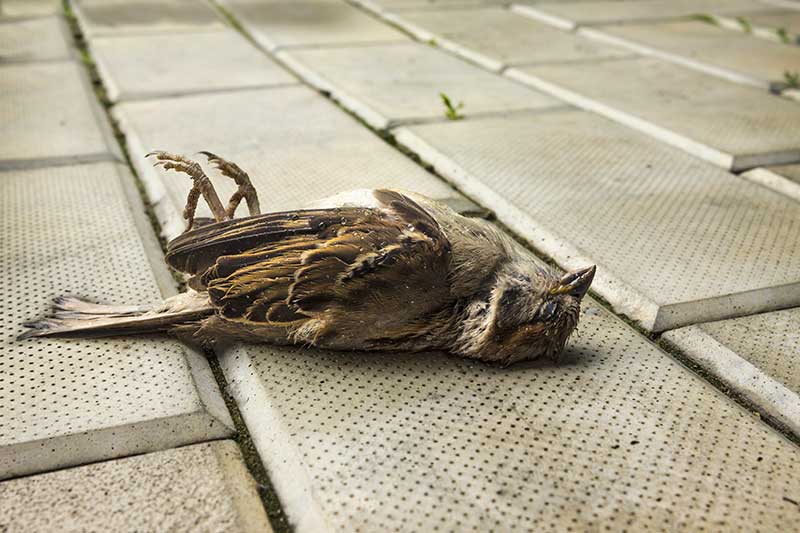
1. Numerous Bird Deaths: Notify the wildlife experts if you come across a number of dead birds in one area, especially if it occurs suddenly. It can indicate the presence of poisons or a more serious issue.
2. Uncommon Species: Immediately contact the specialists if the deceased bird belongs to an endangered species. Since these birds are legally protected, any problems with them must be handled by experts and thoroughly documented.
3. Hardly Sure Why It Died: Get in touch with the wildlife specialists if you’re unsure of the bird’s cause of death and believe it may have been poisoned, diseased, or caused by something strange. They can investigate further to determine the cause of the incident.
FAQ’s
Do You Need to Report a Dead Bird?
Both Yes or No. There’s no clear rule about reporting a dead bird. Normally, you don’t have to report it unless it’s an endangered species or you need to protect public health. But if you find a dead bird and want to be careful, you can call your local animal control or wildlife center. They can guide you on what to do.
Can humans get sick from dead birds?
Yes, Handling HPAI-infected birds is unlikely to lead to illness in people, according to the Centers for Disease Control and Prevention. Seek medical attention if you experience influenza-like symptoms within 10 days of handling sick or dead birds.
Is it bad to hold a dead bird?
Yes, Avoid touching or picking up dead or visibly sick birds, as they can carry diseases that are infectious to people.
Is it bad to touch a bird?
No, It’s best to leave baby birds or animal infants alone, as parents may be nearby, and touching animals can potentially transmit diseases between wildlife and humans.
Will you get sick if you touch a bird?
Yes, Baby birds may carry Salmonella germs on their bodies, which can be spread to humans when handling them.
Can touching a dead animal make you sick?
Yes, Dead animals can carry bacteria and viruses that can be transmitted to humans, such as Tularemia, so it’s essential to avoid direct contact.
Is bird poop toxic to humans?
No, Bird droppings may contain viruses, but the biggest concern is the quantity. While contact can theoretically cause illnesses, the risk is relatively low.
Is it OK to touch dead animals?
No, Avoid direct contact with a dead animal’s body fluids and external parasites. If contact occurs, wash the skin area promptly with soap and water.
Is a dead bird bad luck?
Yes, In various cultures, a dead bird is often seen as a negative omen associated with bad luck and caution in decision-making. However, interpretations can vary.
What to do with dead animals in Islam?
The handling of dead animals in Islam involves specific religious guidelines and rituals, including proper disposal and hygiene practices.
Final Words
To sum up, touching a dead bird can pose health risks because they may carry diseases or harmful bacteria. While not all dead birds are necessarily dangerous, it’s essential to exercise caution and avoid direct contact with them.
Moreover, If accidental contact occurs, thorough handwashing is crucial to minimize the risk of illness. In situations where there is uncertainty or concern about the cause of death, seeking guidance from wildlife experts or local authorities is a wise and responsible course of action to ensure the well-being of both humans and wildlife.

